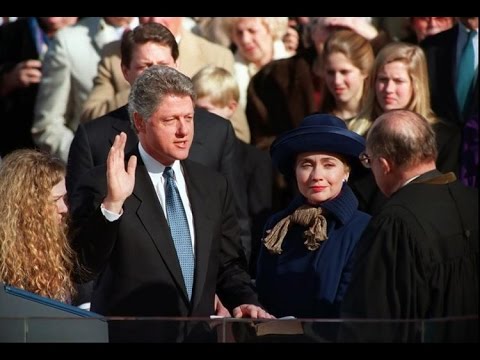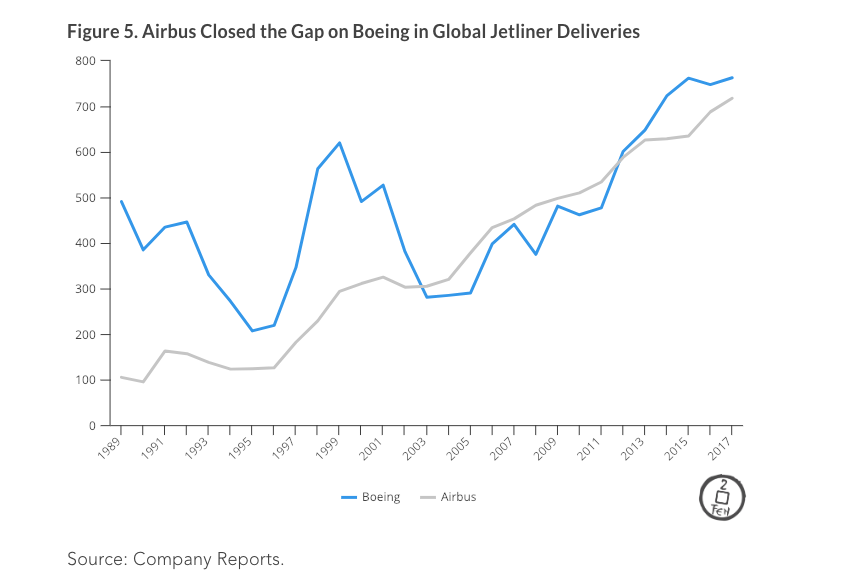@Neilthomas123 traces the story of Boeing and China, from the Cold War to the Trade War. Follow this thread: macropolo.org/boeing-us-chin…
In 1916, Chinese-born, MIT-trained Wong Tsu helped William Boeing build the Model-C.
macropolo.org/boeing-us-chin…
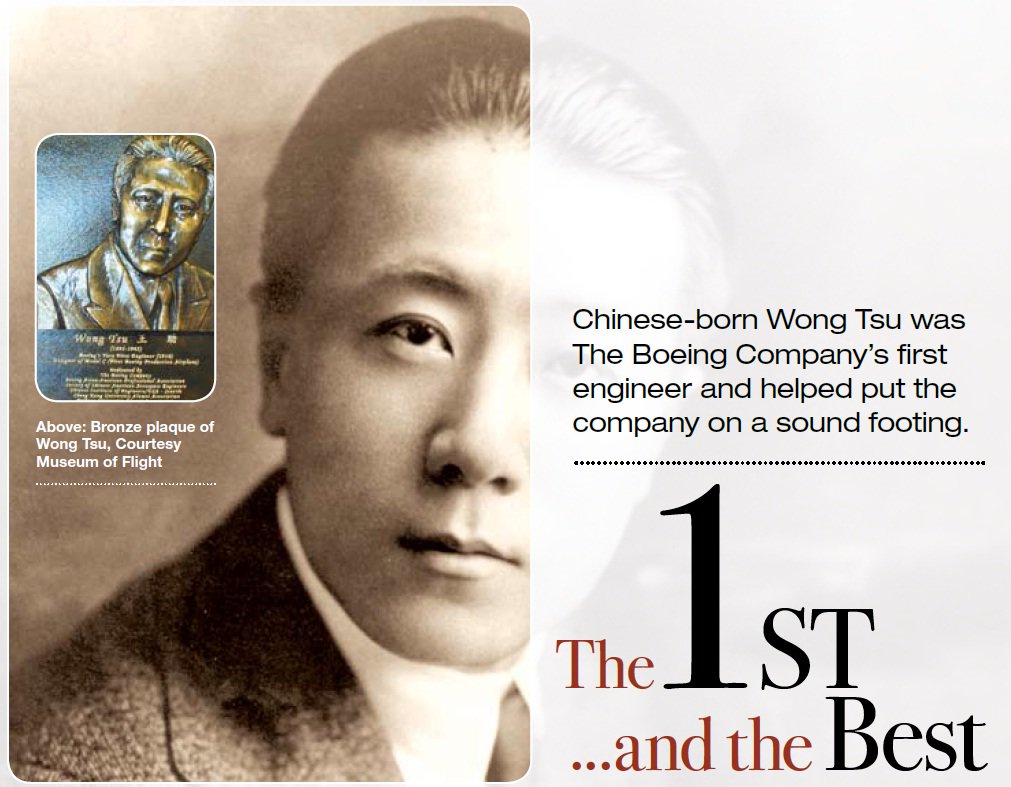
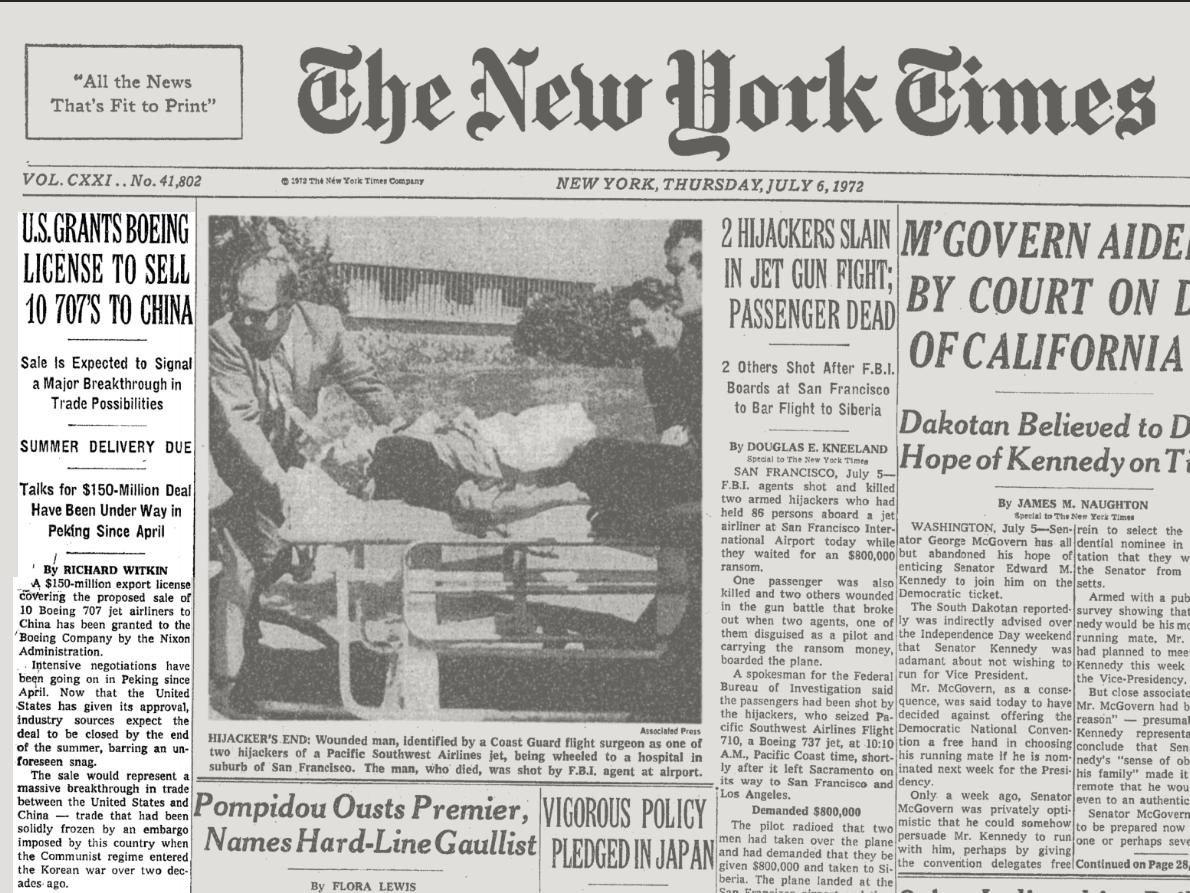
In 1978, @Boeing signed another $156 million contract with #China to deliver three B747s.
By 1980, Pan Am had started commercial flight service between the two countries - the first airline to do so since 1949: macropolo.org/boeing-us-chin…
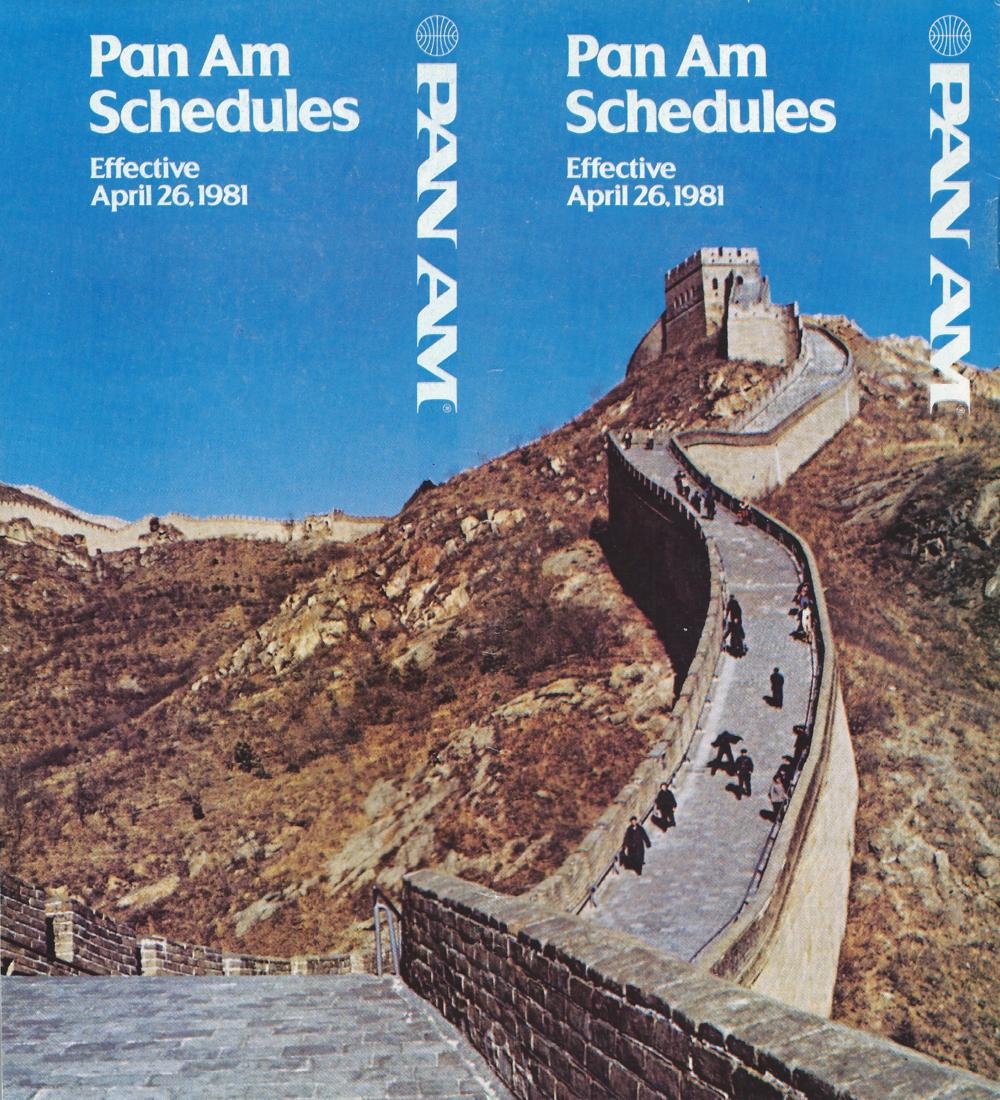
But there was a new uncertainty after 1989: China's MFN renewal: macropolo.org/boeing-us-chin…

But there was a catch: the US president, then George HW Bush, had to renew MFN each year. And the renewal became increasingly contentious after 1989: macropolo.org/boeing-us-chin…
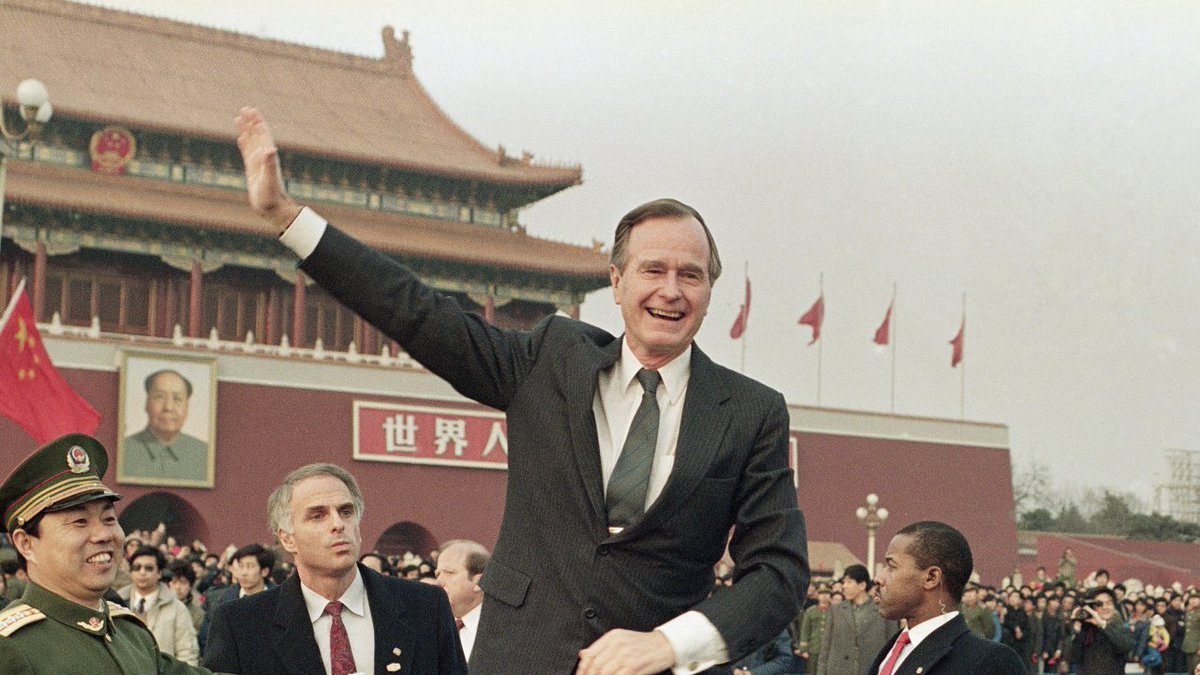
Appalled by China's human rights violations, those opposed to trade with China found the renewal of MFN to be a convenient bargaining chip to exert pressure: macropolo.org/boeing-us-chin…
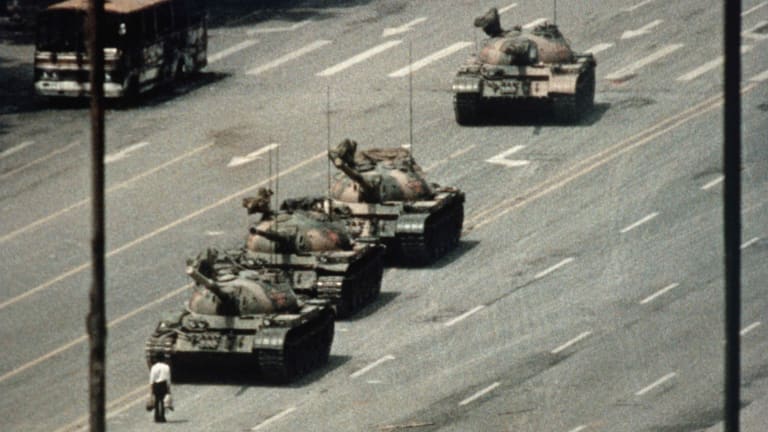
Boeing’s then VP for international development said that “We will lose orders and people will lose jobs,” if Clinton ended China’s MFN status: macropolo.org/boeing-us-chin…
In later years, with the US business community's support, the White House consistently defeated legislation to revoke MFN.
Pictured, a @washingtonpost headline in 1994👇
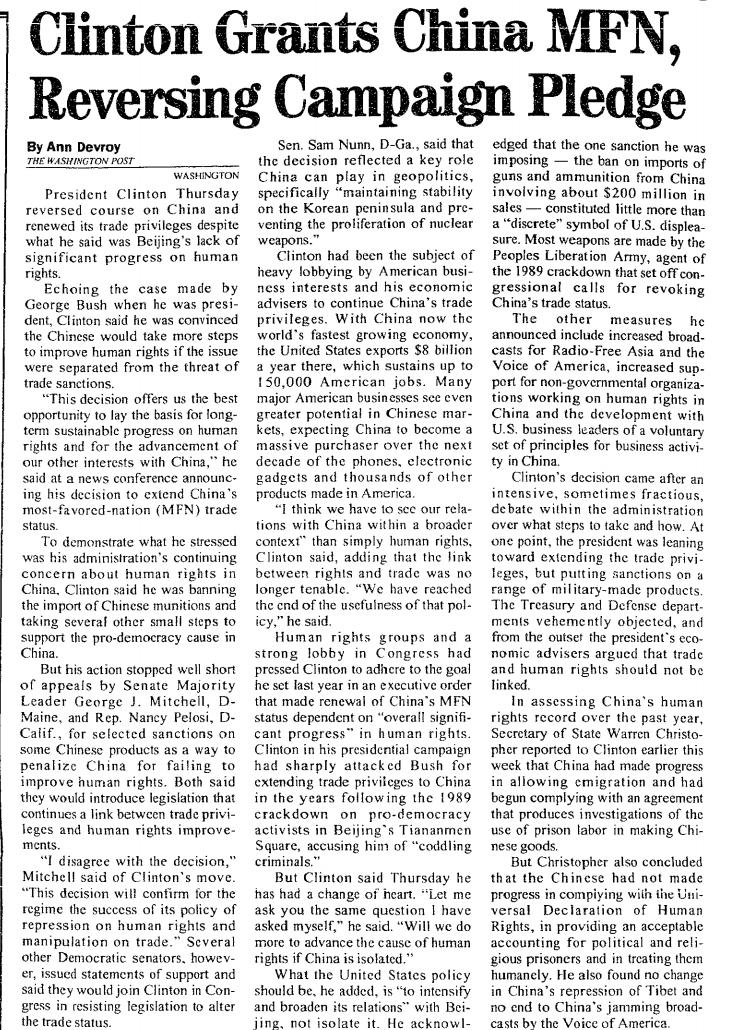
Wu was going to confirm $4 billion of aircraft purchases from @Boeing during that visit.
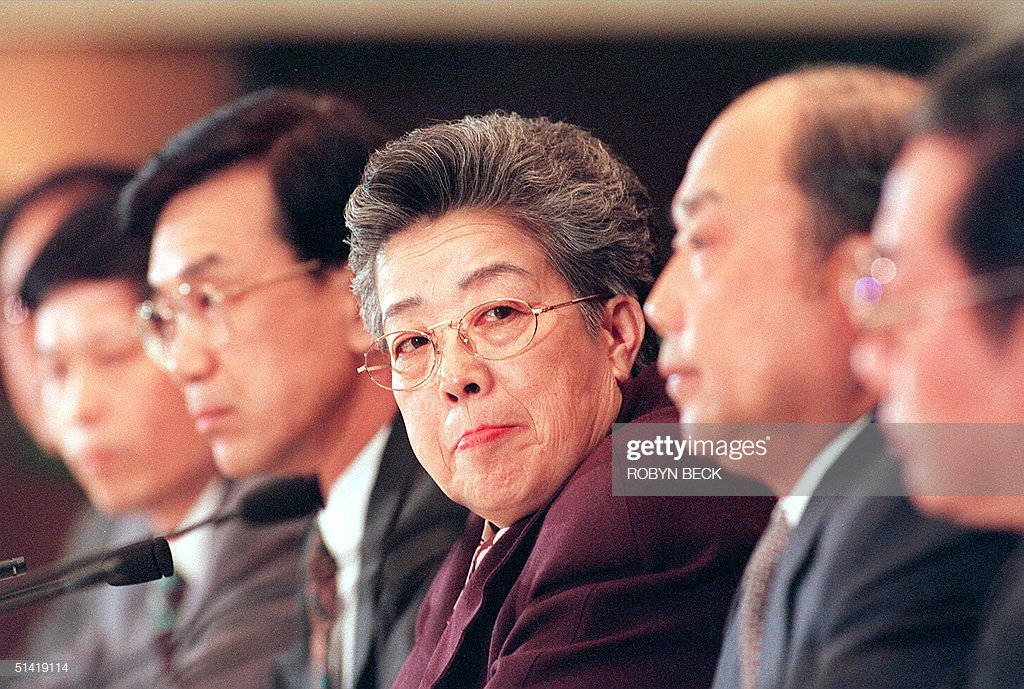
@Boeing mobilized its 10,000 suppliers in 420 House districts to help support China's @WTO bid. Many US companies joined in the campaign at the time: macropolo.org/boeing-us-chin…
The PNTR bill was passed in the House in May 2000 and in the Senate by September. Clinton signed the bill into law on October 10, as pictured below, and China officially joined the @wto on December 11, 2001: macropolo.org/boeing-us-chin…
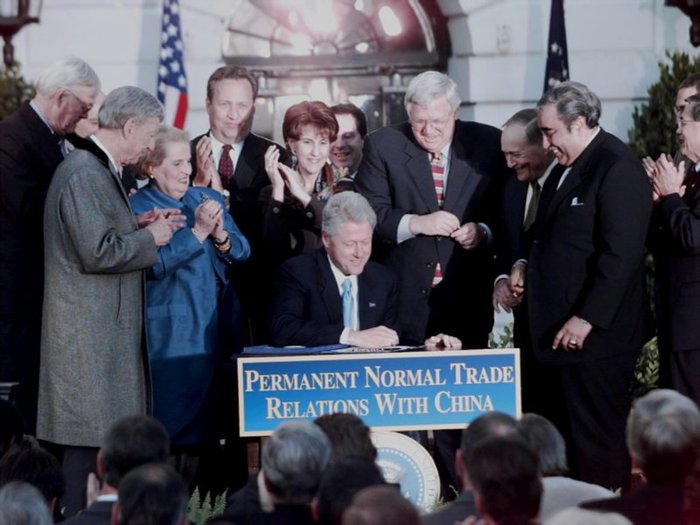
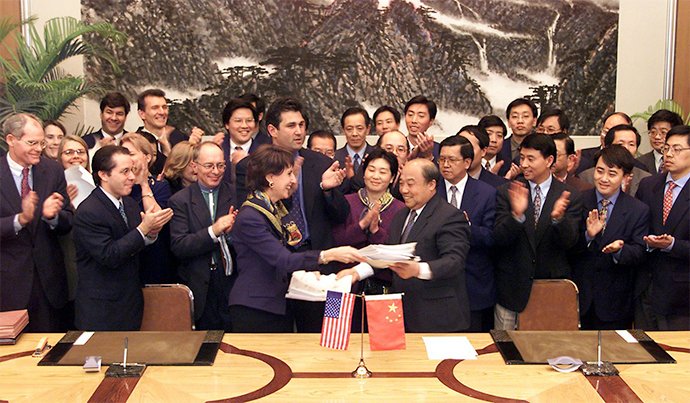
Pictured: a Chinese-made Yun-10 jet in Tibet in 1984, reverse-engineered from imported Boeings. It made its maiden flight in September 1980, but funding was cut in 1984: macropolo.org/boeing-us-chin…
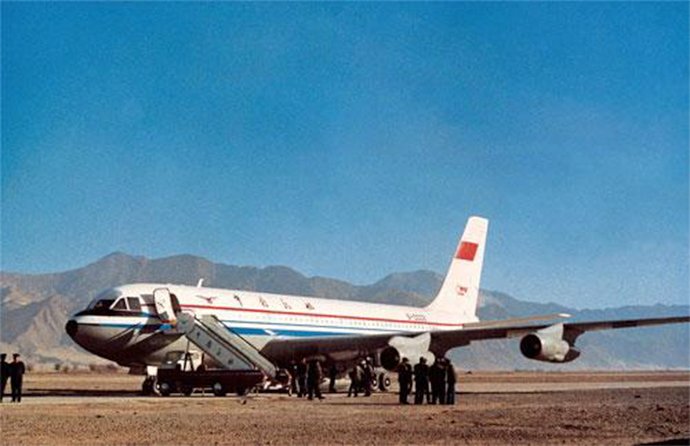
Should the US-China trade war escalate, given the Boeing-Airbus duopoly, @Boeing is an obvious candidate for retaliation from Beijing: macropolo.org/boeing-us-chin…
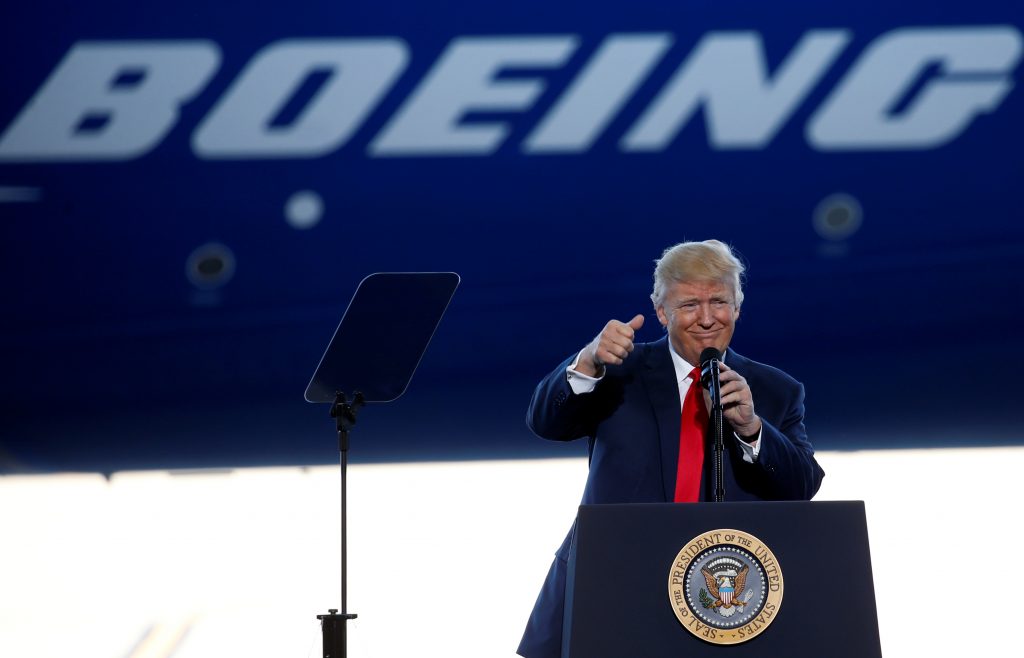
Dig deeper in @Neilthomas123's piece - and thanks for following along: macropolo.org/boeing-us-chin…

